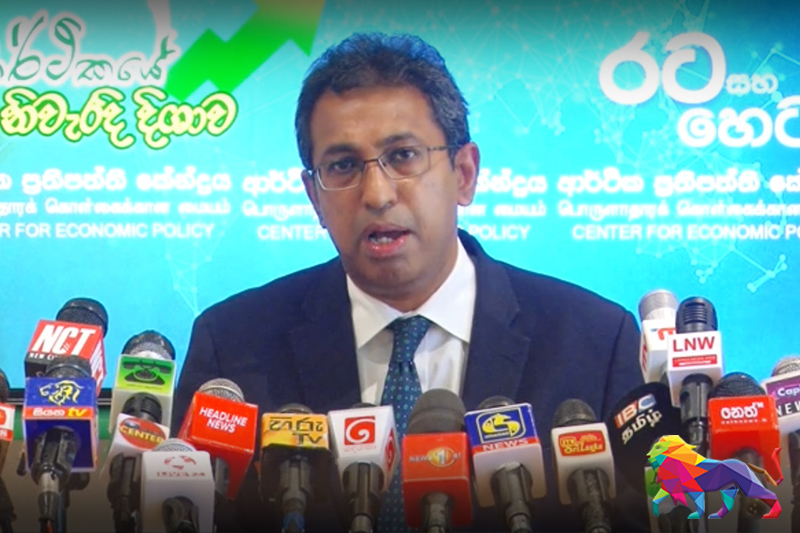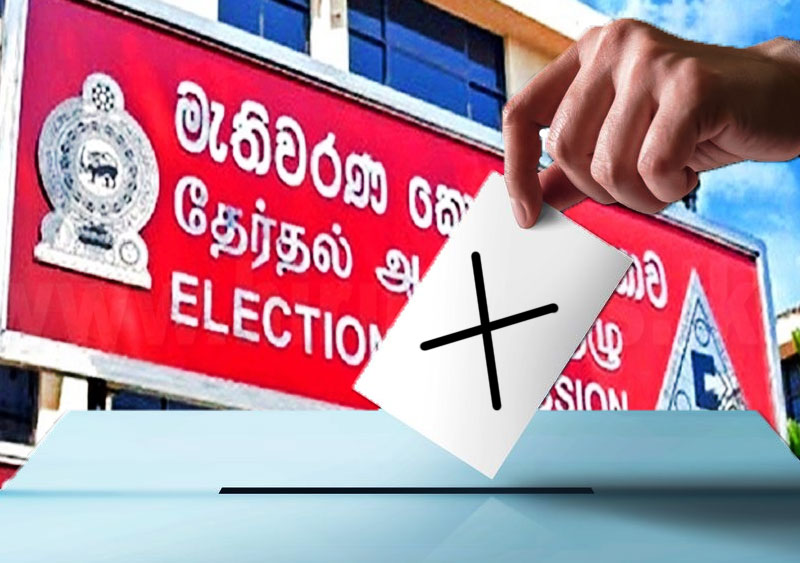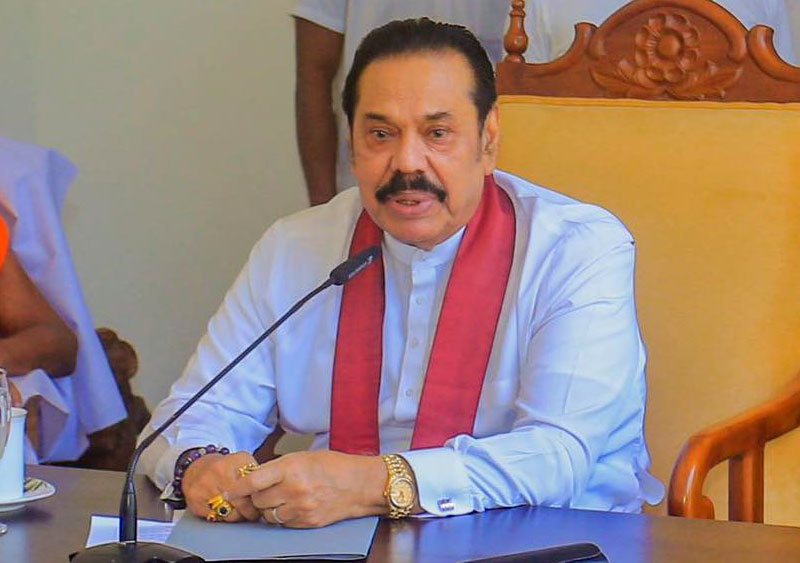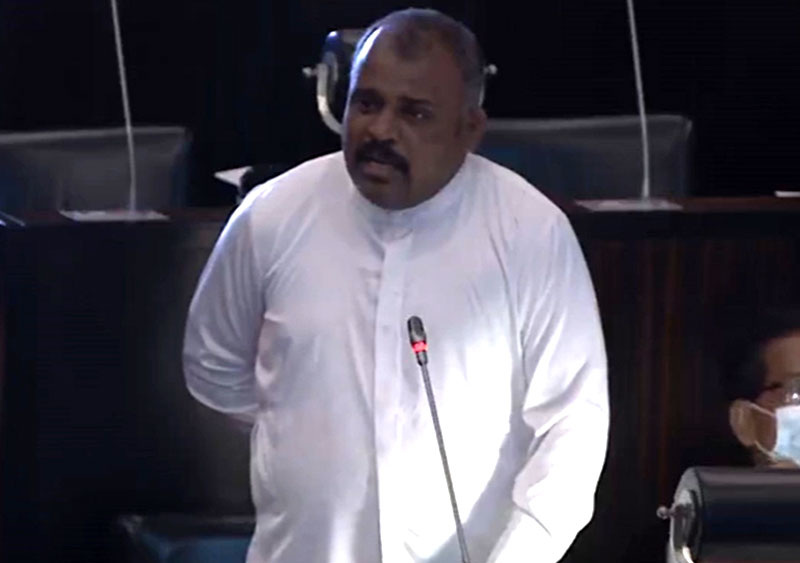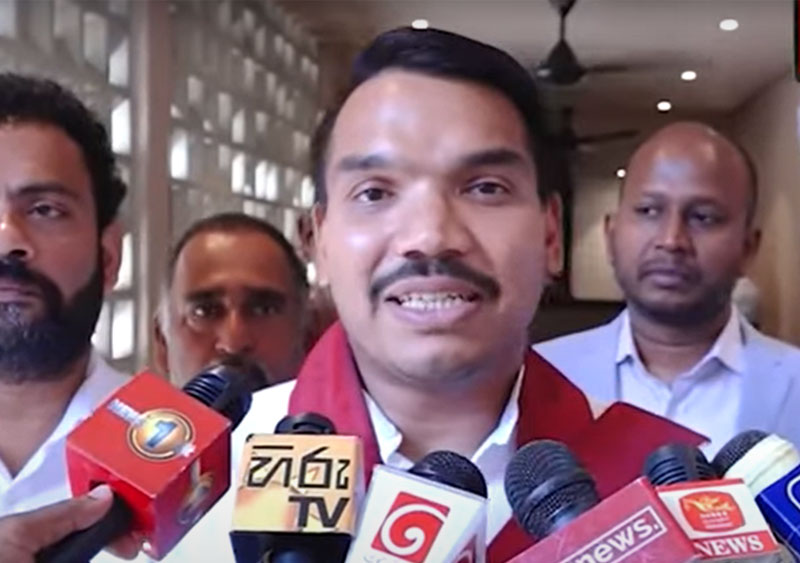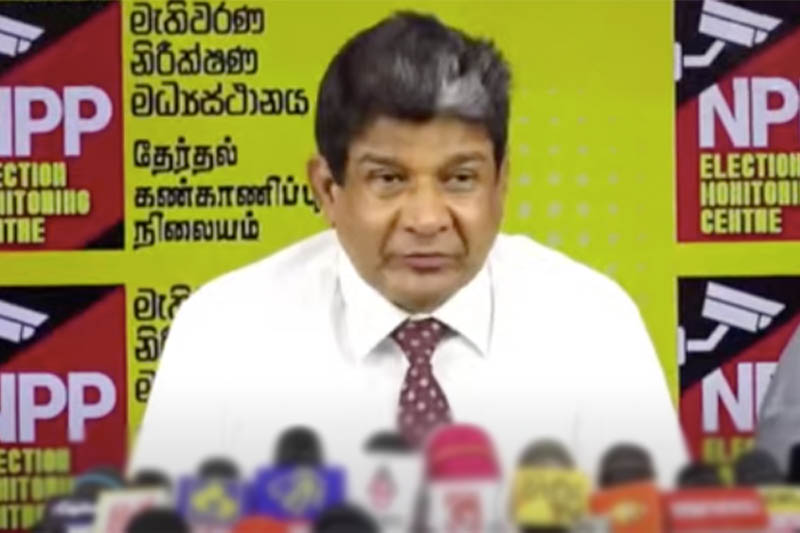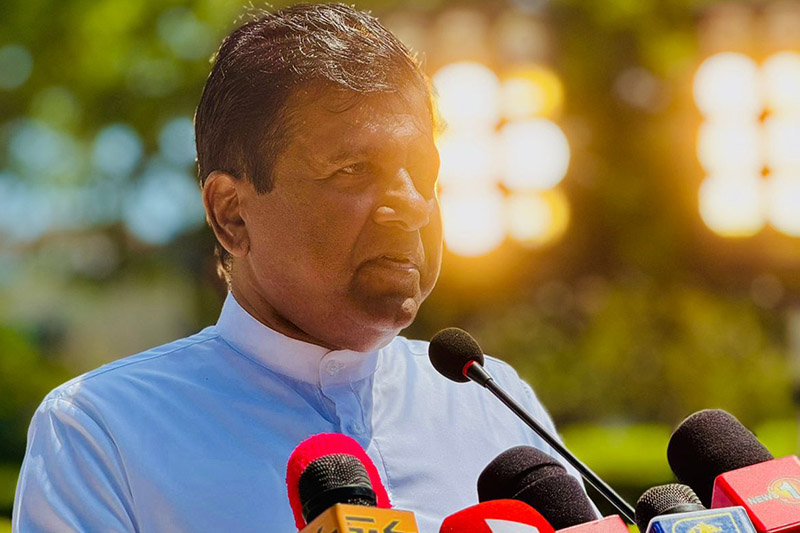Shedding light on the dire state of Sri Lanka's Micro, Small, and Medium Enterprises (MSME) sector in the parliament, Samagi Jana Balawegaya (SJB) MP Harsha de Silva emphasized the urgent need for comprehensive measures to address the mounting challenges faced by these enterprises, which are crucial to the country's economy and employment landscape.
To provide immediate relief to the struggling sector, he called for a two-year suspension of Parate execution for non-willful defaulters and the introduction of insolvency legislation to support MSMEs.
The former minister highlighted the significant suffering experienced by the MSME sector, with businesses closing down, jobs lost, entrepreneurs facing bankruptcy, and even tragic cases of suicide.
Painting a grim picture, he emphasized that approximately 80% of Sri Lankan enterprises fall under the MSME category, contributing 52% to the country's GDP and accounting for 45% of employment opportunities.
The MP pinpointed a series of events that have inflicted severe blows on the MSME sector since October 2018, including the constitutional coup, the Easter attacks in 2019, the COVID-19 pandemic, and the subsequent economic crisis triggered by Sri Lanka's declaration of bankruptcy in April 2022. These calamities have resulted in a cascading effect on banks, government institutions, and the general population as a whole.
While the government has proposed some solutions, de Silva argued that the deteriorating economic conditions have exacerbated the situation, leading to further neglect of the struggling MSMEs. Recognizing the immense impact of these issues, he expressed his willingness to support the government in any endeavor aimed at revitalizing the MSME sector.
To tackle the challenges faced by the MSME sector, MP Harsha de Silva presented four key points during his speech:
Firstly, he highlighted the need to alleviate financial constraints faced by MSMEs. He pointed out that the lack of financing options has forced many MSMEs to seek collateral loans from banks, but the economic meltdown has made it difficult for them to repay these loans. As a result, banks have seized their assets under the Parate execution act. From 2023 Jan to April alone over 400 assets have been seized. MP Harsha proposed an "investor-equity eco-system model" as an alternative to collateral loans or venture capital, which would generate localized economic growth and provide investment opportunities for MSMEs.
Secondly, the MP emphasized the pressing need to address the escalating cost of production. He highlighted how inflation and increased interest rates have placed significant burdens on MSMEs, making it challenging for them to sustain their operations. The rising import costs have further contributed to the increase in production expenses thus, reducing their competitiveness. Additionally, bureaucratic hurdles and high-cost utilities have added to the difficulties faced by MSMEs. In light of this, MP Harsha urged for comprehensive trade policy reforms, streamlined trade facilitation, and increased regional collaboration to enhance the competitiveness of MSMEs.
Thirdly, MP Harsha de Silva identified problems with government policy as a significant hindrance to the growth of MSMEs. He pointed out that the absence of a clear and universally accepted definition for MSMEs limits their recognition and support. He also criticized the high tax rates of 30 percent imposed on even micro and small businesses, urging for amendments to tax policies.
Furthermore, he advocated for the establishment of an "SME Authority" that would centralize the functions of various institutions, simplifying the authorization processes for MSMEs. This authority would coordinate regional programs, leverage resources from government institutes, and engage private agencies and organizations to facilitate efficient service provision. By implementing these proactive measures, Sri Lanka can extend crucial support to struggling MSMEs, paving the way for their revival and fostering sustainable growth.
Lastly, MP Harsha de Silva emphasized the significance of integrating MSMEs into global value chains. He noted that Sri Lanka's limited consumer market necessitates focusing on producing key components for global value chains. MP Harsha proposed substantial trade reforms and enhanced business models to enable MSMEs to participate effectively in global value chains. He also suggested reducing the minimum investment requirement for obtaining BOI (Board of Investment) approval to facilitate funding for MSMEs, as it currently stands at $500,000.

